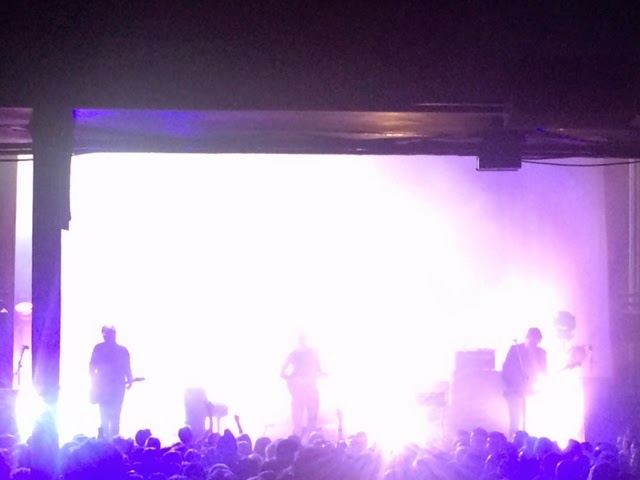With the rock stars who defined rock stardom now entering their 70s, it is no longer news when one of them turns 60. But there is one particular new member of the sixtysomething club deserving of the sky being darkened by hats for its place in music history.
This is a rock star that has known the wildest excesses of the business, has been smashed to pieces on stage, been set light to with lighter fluid, and has seen age and misuse reduce its once pristine beauty to a defaced husk, all without losing its signature sound.
From the earliest outings of rock'n'roll though blues, punk, country, funk, new wave, prog - you name it, this icon has covered every genre.
This icon is the Fender Stratocaster. For those who play it, it is a guitar of extraordinary variety - a loud, scream one minute, a gentle, tender, jangle the next. It has a versatility like no other electric guitar, a versatility underscored by the ubiquity with which it has been part of the soundtrack of the last six decades, from Buddy Holly and The Crickets' That’ll Be the Day to Daft Punk's Get Lucky.
Buddy Holly played a Strat and, thus, Hank Marvin had to have one, prompting David Gilmour, Pete Townshend, Jeff Beck and Mark Knopfler, to choose the Strat as well.
Throw into this cocktail the influential surf sound of Dick Dale (think Misirlou and you think of Pulp Fiction), Rory Gallagher's artfully battered number, Nile Rodgers' signature funk technique, modern day stoners like the Red Hot Chilli Peppers' John Frusciante and John Mayer, Bob Dylan choosing the Strat for his electric 'conversion', and, perhaps, the most distinctive master of the Strat of all time, Jimi Hendrix, who probably demonstrated the guitar's versatility more than any other artist.
Eric Clapton's association with the guitar also led to Fender creating their first 'signature' series in his name. Today, it's hard to think of him playing any other electric guitar, an association Clapton which commenced in 1970 when he purchased six of the guitars for $100 each from Sho-Bud in Nashville, giving one to George Harrison, another to Steve Winwood and a third to Pete Townshend.
The remaining three came together to form the hybrid 'Blackie', which was later sold for a staggering £600,000 in a charity auction. "I’ve moved around with many guitars and tried many different things," Clapton has said. "but I’ve always come back to the Stratocaster."
The Strat's versatility is probably it's most obvious attraction, but a near second is its design. When he introduced the Strat in 1954, Leo Fender effectively created the shape most people associate with the electric guitar, the 'double-horn' body allowing easy access to the upper reaches of the neck, while the scalloped back accommodates even the most generous of guitarist girths.
Overall, though, the Stratocaster is a thing of beauty. Much has been said of its feminine curves, but that is only the start of its aesthetic appeal. It is a design classic, one which can be rightfully considered in the same league as Concorde, the Spitfire, the Porsche 911 or the relationship between Ferrari and Pininfarina, even the Kalishnikov AK47 rifle.
A simple but effective shape (and, like the 911 and AK47, barely modified in 60 years), immensely practical, but capable of creating a beautiful noise. In 1954, it evoked unlimited possibility, "Strato" being the prefix of choice in 1950s America (a year after the Stratocaster appeared, Boeing introduced the B-52 bomber, named "Stratofortress").
Like most guitarists, I've given different guitars a go, but I've come back to the Strat every time. I've now owned three - each of them immensely playable, all of them utterly satisfying.
I'm by no means anything other than one of those amateurs who has barely progressed on from posing in front of the bedroom mirror with a tennis racquet. And as much as I think I'm Clapton, Gilmour or Hendrix when I pick up my Strat, I know I'm not.
But that doesn't do anything to diminish the enjoyment of an instrument which sounds like none other with six strings, which looks like none other, and which gives such simple pleasure like none other.













